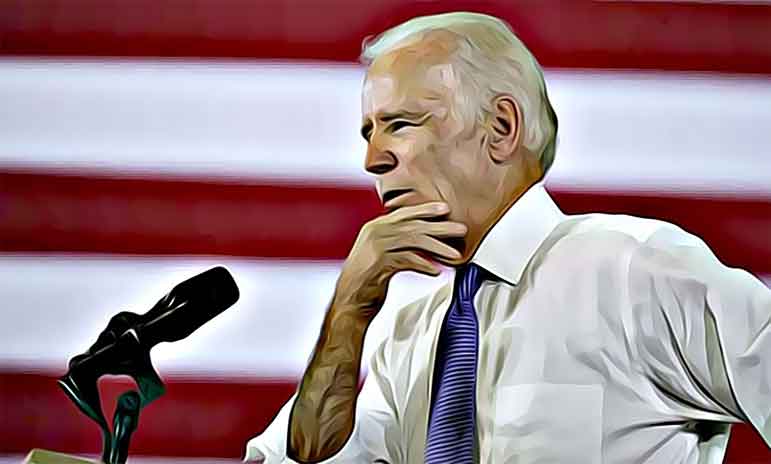
One is an old-school Democrat from West Virginia surviving and thriving in an increasingly red state, the other is the progressive mayor of San Francisco, a city that is a byword for cutting-edge left-wing politics.
Yet both, in their own ways over the last week, signaled that Biden-era progressivism has reached its high-water mark.
Manchin, of course, delivered an emphatic thumbs down to President Joe Biden's signature Build Back Better plan, while Breed reversed field on crime in a stunningly frank endorsement of law and order in a jurisdiction infamous for the opposite.
The de facto pincer movement by the wildly different Democrats from wildly different parts of the country — San Francisco is roughly 19 times larger than the biggest city in West Virginia — shows that the progressive tide that built in the Trump years is finally colliding with political reality and the real-world consequences of progressive extravagance.
This doesn't mean that progressivism is spent, obviously. It dominates the media, academia and almost all the rest of elite culture. At the same time, Democrats still control the elected branches of government in Washington, a position of power they will exploit to the greatest extent possible during the next year. But a growing backlash against progressive excess has found expression in two notable acts of Democratic defiance.
By now, the context of Manchin's "no" on Build Back Better is familiar. Joe Biden campaigned as a pragmatic Democrat only too happy to ignore the progressive hothouse of Twitter.
Once elected, he immediately developed a heroic image of himself as the next transformational Democratic president in the line of FDR and LBJ and empowered staffers who evidently take their political and tactical cues from social This drove the fundamental mistake of not realizing that Manchin and any other Democratic dissenter in the 50-50 Senate had the power to derail Build Back Better and scaling it back from the outset accordingly.
Instead, until the very end, the White House and congressional leadership acted as if Manchin could be cajoled or bullied out of whatever qualms he might consistently express.
Perhaps Democrats will be able to reunite with the senator on a scaled-back spending bill in the new year, but the era of FDR fantasies is definitely over.
Democrats should ask themselves: If they had a mandate to remake the country, why did the entire project depend on the approval of a single conservative Democrat from West Virginia?
Now, Democrats are looking down the barrel of a midterm election wipeout that could give the GOP a durable House majority that will put paid to any thought of BBB-style legislation for years.
If Manchin said "enough" to big-spending federal aggrandizement, London Breed said it to the soft-on-crime consensus in blue cities that has led to spiraling disorder. The Bay Area, home to the smash-and-grab robbery and other routine offenses against basic human decency, has been Exhibit A.
Concluding that even the tolerant people of perhaps the country's most tolerant city wouldn't put up with it much longer, Breed had her Howard Beale moment. In a speech clearly meant to set down a political and rhetorical marker, she called for an end to "the reign of criminals who are destroying our city."
The Breed turnabout, from police-defunder a year ago to would-be Rudy Giuliani now, marks an end to the period after George Floyd's death when anti-police sentiment was ascendant.
There are other signs that the progressive momentum is beginning to give way. A rightward shift among Latinos shows the limits of paint-by-numbers identity politics. That the left's response to the grassroots movement against critical race theory in the schools has been to deny there is any CRT in the schools speaks to a telling defensiveness. Next year, the Supreme Court may well knock out Roe v. Wade and the followup abortion ruling Planned Parenthood v. Casey, cornerstones of the progressive social agenda.
Of course, the political and cultural war will continue apace. Still, December 2020 looks like an inflection point, when, as Breed put it in her speech, "the bull — t" got a reality check.
(COMMENT, BELOW)


 Contact The Editor
Contact The Editor
 Articles By This Author
Articles By This Author